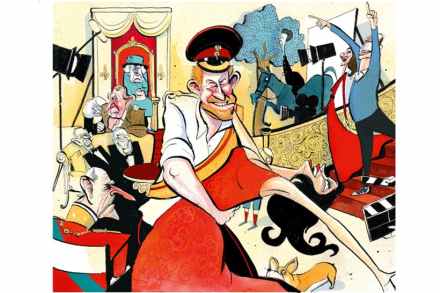When we dropped the Bomb by mistake
More from BooksIn January 1976 New York’s late-lamented National Lampoon produced a bicentennial calendar as a contribution to the general rejoicing. For every day of that year a selection of disastrous news events was commemorated. Presidents of the United States were cut down, marine life was wiped out by oil spills, native Indian women and children were






























